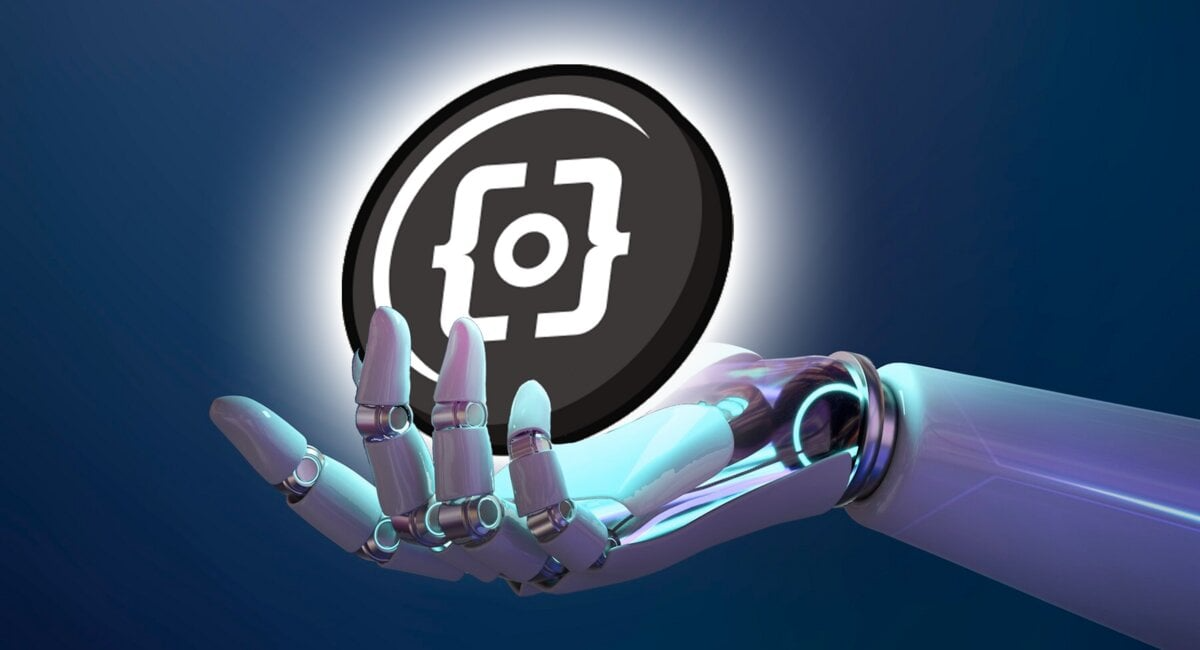Vitalik Buterin proposes EIP-7702 to improve account abstraction in Ethereum.


Ethereum may soon experience a significant boost with the introduction of EIP-7702. The upgrade, proposed by co-founder Vitalik Buterin, focuses on improving the “account abstraction” of the blockchain platform.
- Vitalik Buterin and his co-authors introduced EIP-7702 to replace EIP-3074 to improve account abstraction in Ethereum.
-
This proposal allows externally owned accounts (EOAs) to temporarily function as smart contract wallets during transactions and then return to their initial state later.
What is EIP 7702?

EIP 7702 aims to improve security and compatibility.
According to the Github summary, EIP 7702 currently stands out as an important alternative to EIP-3074, addressing key vulnerabilities by removing opcodes that are expected to be deprecated and preventing fragmentation within the ecosystem. It is designed to be compatible with future quantum computing developments and aims for seamless integration with EIP 4337, which will become increasingly important as quantum technologies advance.
Written by Vitalik Buterin, Sam Wilson, Ansgar Dietrichs, and Matt Garnett, EIP presents a new transaction type that temporarily transforms a user account into a smart contract wallet. These innovations improve the efficiency and flexibility of the network by enabling complex operations, such as combining multiple operations into a single transaction.
EIP 7702 claims to simplify user interaction and lower transaction costs on decentralized exchange (DEX) platforms by eliminating the need for multiple transaction steps, representing a significant advance over existing limitations. The community seems very interested in this new offering.
A key feature of EIP 7702 is its focus on enhancing user security and autonomy. According to a Github summary, users can sign transactions with temporary, specific permissions, minimizing the risks associated with major compromises. These aspects not only increase user trust in the system, but also strengthen the Ethereum network’s ability to effectively address current and future security challenges.
When Buterin and his co-authors published their EIP, it received significant attention for its quantum resistance, addressing long-standing concerns in the cryptocurrency community about the threat of quantum computing. This proposal is seen as a proactive measure to mitigate potential quantum threats.
Key improvements introduced in EIP-7702
Enhanced Security
EIP-7702 removes the persistent delegation aspect seen in EIP-3074, reducing the risk of funds being stolen by malicious contracts.
Soft Fork Compatibility
Unlike EIP-3074, EIP-7702 could potentially be implemented through a soft fork, making network upgrades less disruptive.
Improved compatibility
EIP-7702 is designed to be compatible with the ERC-4337 standard, encouraging a more integrated approach to account abstraction.
quantum resistance
EIP-7702 is considered more resistant to quantum computing threats than EIP-3074, providing better future-proof protection.
How EIP-7702 achieves these improvements
New transaction type
EIP-7702 introduces a new transaction type with contract code and signature fields. During a transaction, the signer’s account code is temporarily replaced by the provided contract code, which dictates how the transaction will be executed. After the transaction is completed, the account code will revert to its original blank state.
Call a function instead of an opcode
Rather than introducing a new opcode like EIP-3074, EIP-7702 defines a function that is called within a transaction. This approach provides more flexibility and does not require a hard fork.
integrated approach
EIP-7702 proposes a streamlined and more integrated approach that combines the security and simplicity of EOA with the flexibility of smart contracts. EOA when trading begins contract_code The field is temporarily set to the specific smart contract required for the transaction. Once the transaction is complete, contract_code It will be deleted and the EOA will revert to its original state. This approach uses callable functions that can integrate seamlessly with Ethereum’s existing infrastructure, eliminating the need for new opcodes and associated hard forks. Jarrod Watts, Developer Relations Engineer at Polygon, said:
Limitations of Externally Owned Accounts (EOAs)
limited functionality
Currently, Ethereum users interact with the network through Externally Owned Accounts (EOAs), which are simple accounts linked to their private keys. EOA provides basic functionality but has some limitations. An EOA can only perform simple tasks such as transferring tokens to another EOA and initiating a transaction that triggers another smart contract transaction.
security vulnerability
EOA relies on a private key that acts as a single point of failure. If your private keys are compromised, hackers can access your account and steal all your funds. This makes EOAs particularly vulnerable to security breaches.
Account abstraction in Ethereum
Ethereum uses two account models: externally owned accounts (EOA) and contract accounts. Controlled by private keys, EOAs have limited functionality and security features, limiting their use in complex transactions involving smart contracts. To address these limitations, Ethereum introduced several EIPs, including EIP-4337, EIP-3074, and EIP-5003.
EIP-4337
EIP-4337, implemented in March 2023, established a framework that allows smart contracts to function as accounts that can verify and execute transactions.
EIP-3074
EIP-3074, proposed before EIP-4337, aimed to improve EOA by temporarily delegating transaction authority to smart contracts.
EIP-5003
Building on EIP-3074, EIP-5003 introduces the AUTHUSURP opcode, allowing permanent conversion of EOAs to smart contract accounts.
EIP-3074 Summary
To overcome the limitations of EOA, EIP-3074 with enhanced functions was proposed. This proposal introduces two new opcodes: AUTH and AUTHCALL. AUTH allows EOAs to authorize specific smart contracts to act on their behalf, while AUTHCALL allows these authorized smart contracts to execute transactions on EOAs.
The proposal also improves user experience by introducing the concept of third-party transaction sponsorship, which allows someone else to pay transaction fees on the user’s behalf. Users can also combine multiple transactions into a single transaction to reduce transaction fees. This aimed to make Ethereum more accessible to users who are unfamiliar with gas fees or do not have access to ETH.
However, EIP-3074 had some drawbacks.
security issues
A security issue occurred during the delegation process. If a malicious smart contract is approved, user funds can potentially be leaked.
Hard fork requirements
Implementing EIP-3074 required a hard fork, a major network upgrade that could be destructive.
limited compatibility
EIP-3074 does not integrate well with the new ERC-4337 standard for smart contract wallets.
People’s reaction to this
The Ethereum community has responded favorably to EIP-7702. Many see this as an essential advancement for the widespread adoption of smart contract wallets, offering enhanced security and improved functionality. Some also highlight the potential for improved interoperability with other blockchains thanks to compatibility with the ERC-4337 standard. This suggests that EIP-7702 can effectively address long-standing limitations and contribute to a more secure and versatile Ethereum ecosystem.

source: twitter.com/hayden.eth
future results
EIP-7702 offers a promising future, but there are several considerations for adoption.
community consensus
The Ethereum community needs to reach a consensus on the implementation of EIP-7702, which will include discussion, testing, and possible modifications to the proposal.
Wallet provider integration
Wallet providers like MetaMask will need to update their software to support EIP-7702 transactions, which is critical for user adoption.
Smart contract security
EIP-7702 The security of smart contract code used in transactions is very important. Users must ensure that the code they run comes from trusted sources.
Despite these challenges, the potential benefits of EIP-7702 are significant. If implemented successfully, it could herald a new era for Ethereum, providing users with a more secure and flexible experience while paving the way for advanced account abstraction in the future.
The post Vitalik Buterin Proposes EIP-7702 to Improve Account Abstraction on Ethereum appeared first on BTC Wires.



